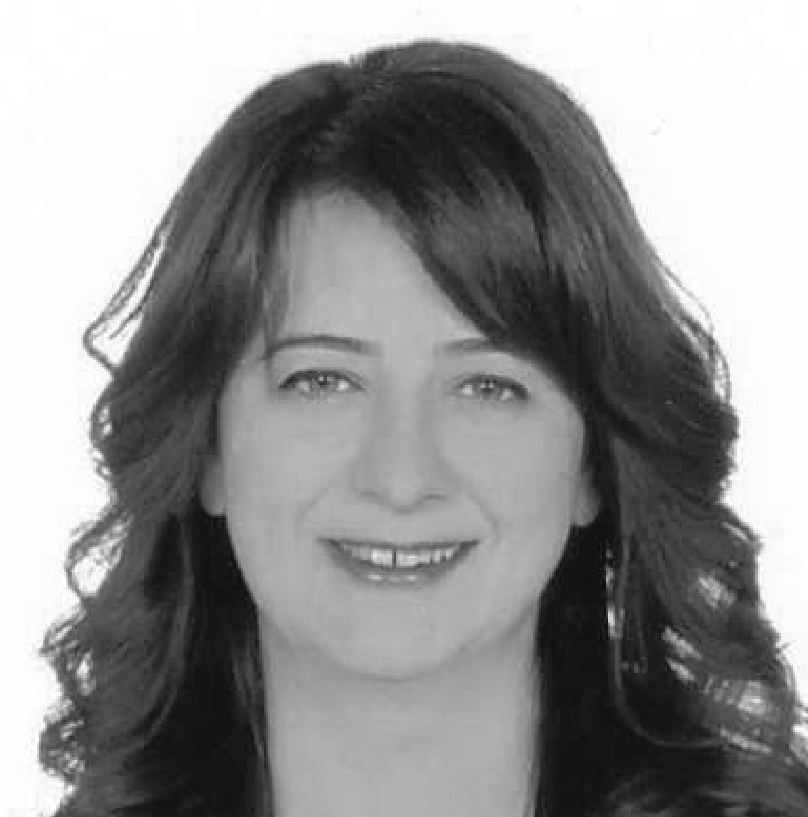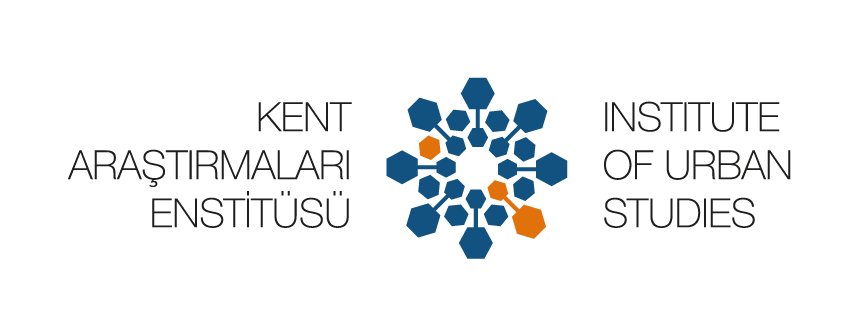Transportation Studies Working Group Programme

Prof. Dr. Ebru V. Öcalır
Programme Director
With the increase of urban population and expansionist urbanization policies, the tendency to limit mobility in space makes transportation a significant urban function. Globalizing transportation networks and constantly increasing demand for accessibility at diverse scales bring along economic, ecological, and social problem areas when not planned as a whole with the right policy and implementation tools.
Especially when considering the urban scale, urban transportation, being the most crucial part of daily life in cities, emerges as one of the main problem areas. Urban transportation, which should be considered both in the context of sustainability and as a right, has to offer the integration of diversified transportation modes with pedestrian circulation and the integrity of a system that considers different user groups. However, current policies regarding urban transportation reveal a transportation structure that is not sustainable and affordable, with practices that support the use of private vehicles instead of including public transportation systems and environmentalist transportation solutions.
While vehicles are given priority in traditional approaches in transportation planning, priority is given to people in contemporary approaches. Before the construction of the transportation infrastructure, environmental awareness is taken into consideration. Although the planning of the main scheme of urban transportation at the upper scale is important for an effective system setup, it is very difficult to detail the solutions that take into account different urban groups and their needs at this scale. For such solutions, approaches that define the daily life scale and differentiated urban segments are needed. Although the principles adopted by urban transportation plans to establish a holistic and functional system and the solutions they produce with specific objectives are important, it is also important to develop medium and low-scale solutions that will facilitate the daily lives of users besides this technical process. In this sense, a well-planned transportation system means a system that meets the needs of users at every scale and can respond to their demands.
When the issue of urban transportation is handled in the context of the right of transportation, the quantitative and qualitative quality of the presentation of public transportation, which is a public service, is the first issue that comes to mind. The transportation alternatives offered, their integration, the scale of accessibility they provide, and the fare tariffs appear as priority issues. The right of transportation has a content that cannot be limited only to public transportation services. Producing the physical environment that will enable pedestrian circulation in the city, developing other individual transportation alternatives such as bicycles, and transforming the physical arrangements based on the automobile in favor of other transportation modes are among the important components. However, the critical point in the realization of all this right of transportation content is the development of approaches that take into account the different urban segments living in the city. It is also necessary to develop policies produced in principle for the problem areas that disadvantaged users encounter in different types of public transportation, on foot and in other individual transportation alternatives other than automobiles (bicycle, etc.) by considering different types of transportation with a user-oriented approach. Even if decision-makers tend to adopt such an approach, research on the principles that will enable this to happen is still very new.
Within this scope the programme intended to conduct research and create information-sharing platforms to produce innovative transportation systems and solution proposals at all scales, primarily focusing on urban transportation, but in line with a holistic approach.

Prof. Dr. Ebru V. Öcalır
She received her undergraduate degree from Gazi University, Department of City and Regional Planning, and her master’s degree from METU Regional Planning Programme. She completed her doctorate at Vienna Technical University, Department of Transportation Planning and Traffic Engineering, where she went with a YÖK scholarship. She conducted her post-doctoral research on modeling transportation and land use relations at the Vienna Technical University Transportation Planning and Traffic Engineering Research Center with a scholarship from YÖK. Prof. Dr. Ebru V. Öcalır has more than 10 years of project management experience in transportation and urban mobility. She worked as an experienced expert, transportation policy expert, project coordinator, and academic advisor in many national and international projects, including the Turkish National Transportation Master Plan. She has one national and two international books on transportation and transportation systems planning, urban mobility, urban planning, sustainability, Geographic Information Systems, and Decision Support Systems. He is still a faculty member at Gazi University, Department of City and Regional Planning.


